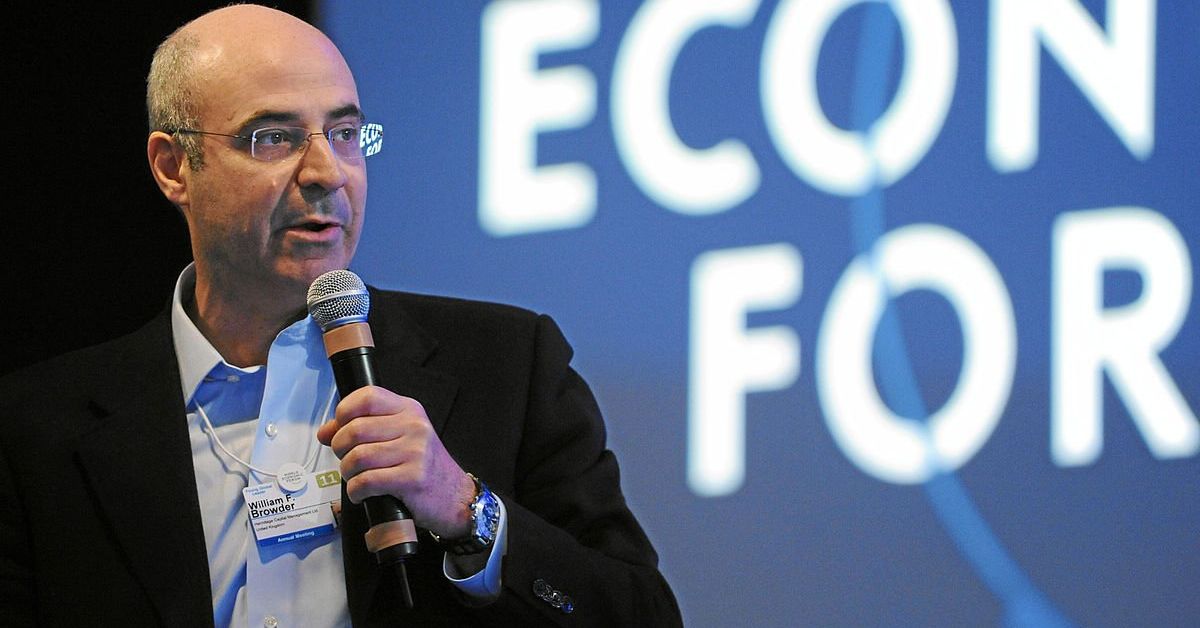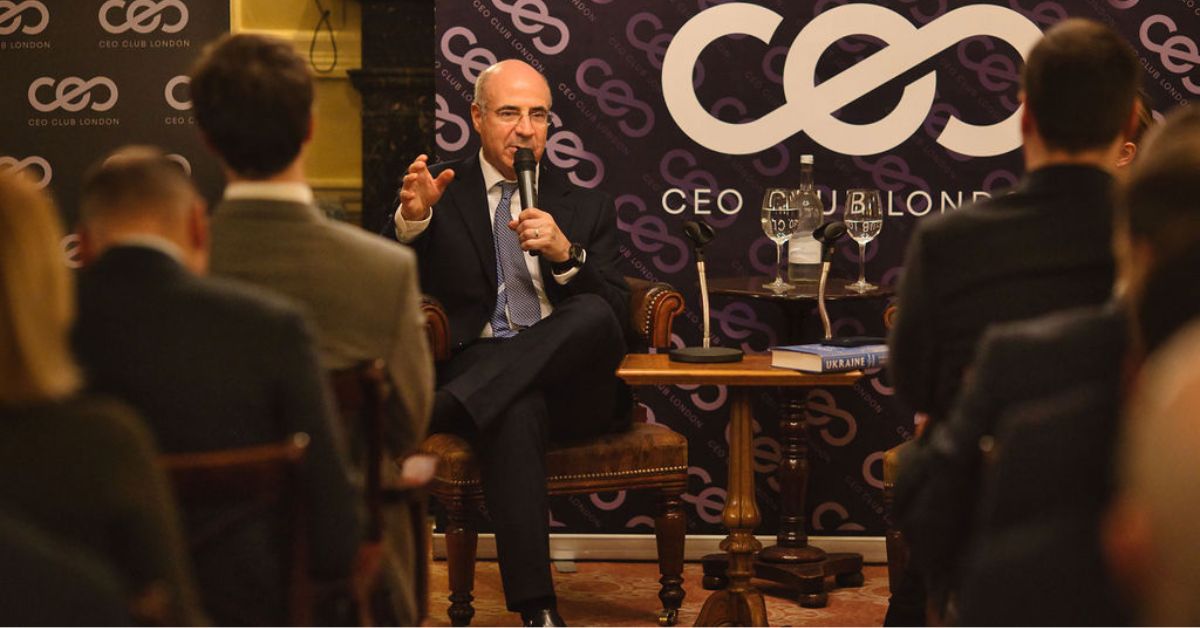DAVOS — As the world faces unprecedented challenges, ranging from geopolitical tensions to economic uncertainty, Bill Browder, CEO and Co-Founder of Hermitage Capital, provided TRENDS, on the sidelines of the World Economic Forum in Davos, with invaluable insights into the key economic hurdles that countries will face this year.
With his extensive experience navigating complex financial markets, he sheds light on global economic performance, identifying factors that influence growth and development.
Excerpts:
Q: As we stand in 2024, what does the outlook appear to be from Davos regarding the global economy and the political scenario?
A: Predicting the global economy accurately is nearly impossible; it’s like living in a fantasy world. However, I can say the current political situation is quite unpleasant. We are witnessing Russia’s invasion of Ukraine, now entering its second year. There’s also the conflict involving Hamas and Israel, leading to a war whose end we don’t know. In the Middle East, the Houthis are disrupting shipping routes.
Additionally, there’s a growing concern over China’s interest in Taiwan. In the United States, Donald Trump is gaining prominence again. All these factors contribute to a potentially volatile geopolitical landscape, which will undoubtedly impact the global economy.
The United States seems to be in a relatively better position economically compared to other countries.
Hermitage Capital CEO Bill Browder
Q: What are the key economic challenges faced this year, particularly in the political realm?
A: The primary challenge is the conflict between inflation and economic growth. On the one hand, you want to reduce inflation while preserving economic growth. And I believe all central banks around the world are struggling with this.
Q: Looking at the global economic performance, which region seems most promising this year?
It’s more about identifying the region that looks “least terrible” rather than most promising. The United States seems to be in a relatively better position economically compared to other countries. Europe is experiencing stagnation, and there are various issues with China’s slowing economy. It’s a complex and challenging global economic landscape.

Q: With AI being a major theme at Davos, where do you see it heading, and what challenges do you perceive in AI’s development?
A: Whenever I visit Davos and look down the main street, I look for the signs. And when you see a lot of signs about a specific topic, you know it’s been overhyped and overvalued. And this year’s theme is AI. In previous years, it was cryptocurrency, psychedelics, and cannabis. So, while I believe AI will play an important role in the world, everyone is currently overly excited.
I think any major technological transition… brings disruptions. These changes create both winners and losers.
Hermitage Capital CEO Bill Browder
Q: What are your thoughts on how AI will impact our lives, and do you believe it’s being properly regulated?
A: I must clarify that I’m not an AI expert, so it would be better to consult those who specialize in this field. However, I think any major technological transition, like the shift from physical to virtual or from telephones to mobile phones, brings disruptions. These changes create both winners and losers, and I anticipate this will be the case with AI as it becomes more fully integrated and operational.
Q: Regarding your investment strategy, where are you allocating your resources this year?
A: This year, I’m opting for a cautious approach by keeping a significant portion of my assets in cash. I’m waiting for the right opportunity.








